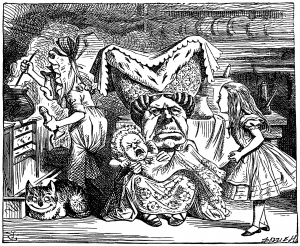For those of you who may have noticed a little glitch just before midnight (Central Daylight Time), with a “Server Unavailable” warning, that was me. I updated our WordPress instance to the latest version, which is supposed to fix many security issues.
If anyone out there is still getting unwanted pop-ups, let us know, and please give us as much detail as you can. I want to be sure we haven’t been seriously hacked.
Sorry for any problems you may encounter here, and thanks for reading Vridar.
–Tim
Note: If you have more information you’d like to pass on, like screenshots, please send them to us:
Tim: widowfield [at] gmail [dot] com
Neil: neilgodfrey1 [at] gmail [dot] com

